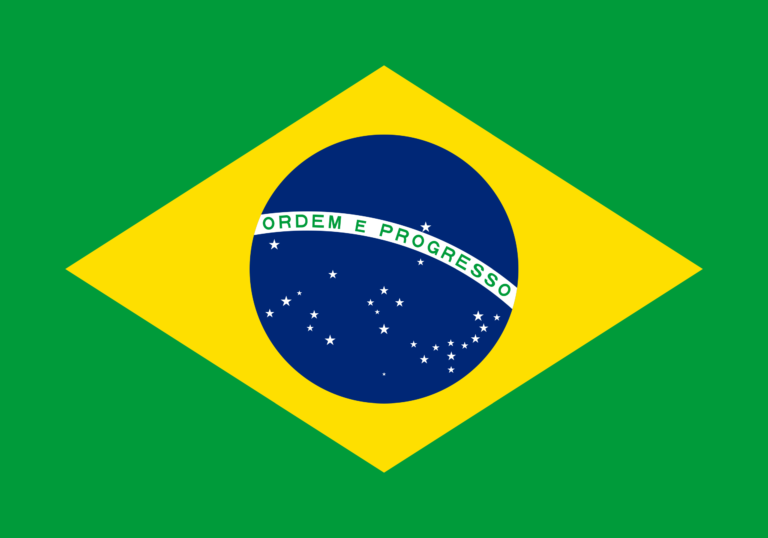The government has published the provisional notice of the legalisation of sports betting in Brazil.
Brazil.- President Luiz Inácio Lula da Silva has signed Provisional Measure (PM) No 1,182 to legalise sports betting in Brazil. The measure implements a 2018 law, Law No 13,756, with a series of amendments. Brazil’s National Congress now has 120 days to approve the measure. It could block the measure, but for now sports betting is effectively legal in Brazil.
The Ministry of Finance will now advance with the creation of the national regulator, the National Secretariat for Games and Betting (SNJA). This body will devise licensing procedures and technical rules. It’s been reported that the ministry has already been making hires as it seeks to fill 70 posts.
Brazil sports betting amendments
The PM signed off by Lula da Silva includes several changes to the original 2018 law, including the creation of the SNJA. It also increases the tax on sports betting revenue from 16 per cent to 18 per cent in order to raise the portion directed to the Ministry of Sports from 1 to 3 per cent.
Based on the amounts obtained, companies will have to first pay the prize to the player, then deduct federal taxes (such as Income Tax and PIS/Cofins) as well as local taxes.
A new clause clarifies that foreign gambling operators can apply for licences. The cost of five-year licences is to be defined in another act, but it’s been reported that it is expected to be R$30m (€5.75m), an increase from R$22.2m.
Other amendments outline restrictions on advertising and marketing, including a requirement to promote responsible gambling messaging. Operators will have to comply with the standards of the National Council for Advertising Self-Regulation (CONAR). Operators will not be able to acquire broadcast rights for sports.
Operators’ partners and shareholders may not act as directors or participate in sports organisations, and companies will also have to report suspected match-fixing to the Ministry of Finance.
Other rules include a measure stating that prizes not withdrawn by winners within 90 days will be reverted to Student Financing (Fies), until July 2028. After that date, the resources will go to the National Treasury. Companies that take bets without authorisation from the Ministry of Finance or in contravention of the law, may be sanctioned.
The fines can vary between 0.1 per cent and 20 per cent of the company’s revenue, with a limit of R$2bn (USD400m) per infraction. Operating licences may also be revoked and the activities of companies suspended.
It’s taken almost five years for Brazil’s sports betting legislation to reach sign-off after lawmakers approved the original law in 2018. The previous president Jair Bolsonaro chose not to approve regulations ahead of a December deadline, however, cases of betting fraud involving match-fixing scandals in football had led to increased pressure to regulate the sector.
In Rio de Janeiro, Loterj has already issued a sports betting contract to Rede Loto. A non-exclusive omnichannel licence allows Rede Loto to operate retail sports betting at retail outlets and sports bars. It will pay a tax of 5 per cent on gross gaming revenue. Other companies can apply to offer sports betting in the state.


